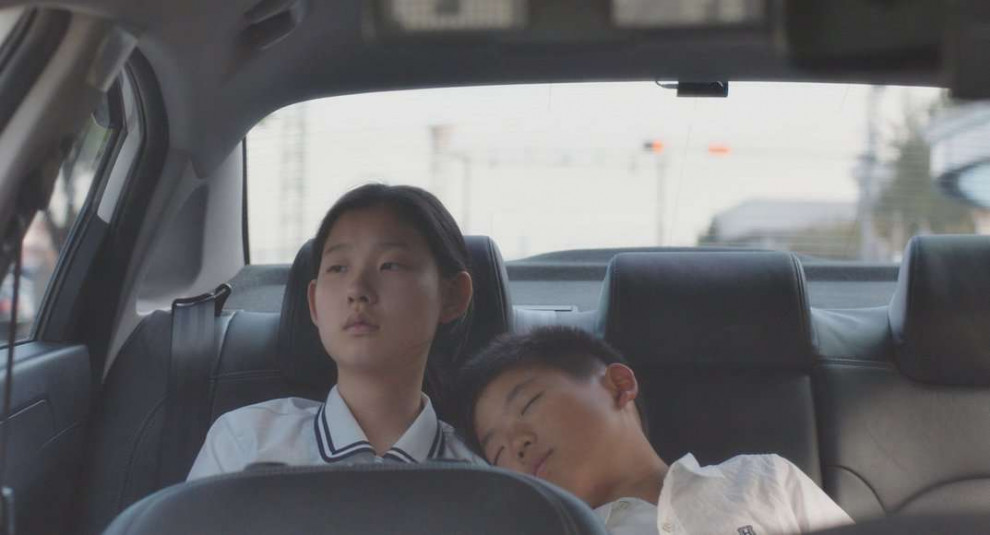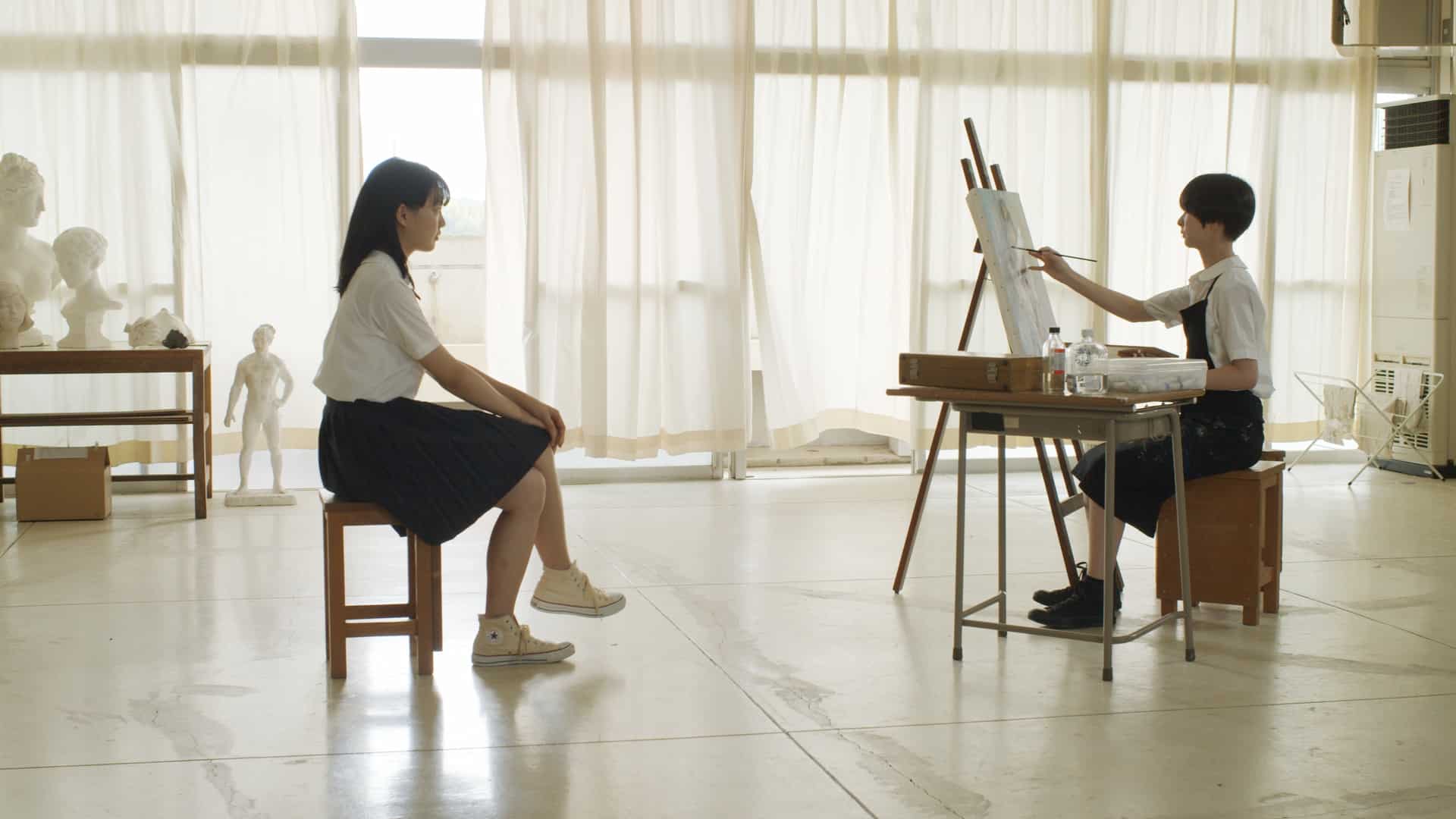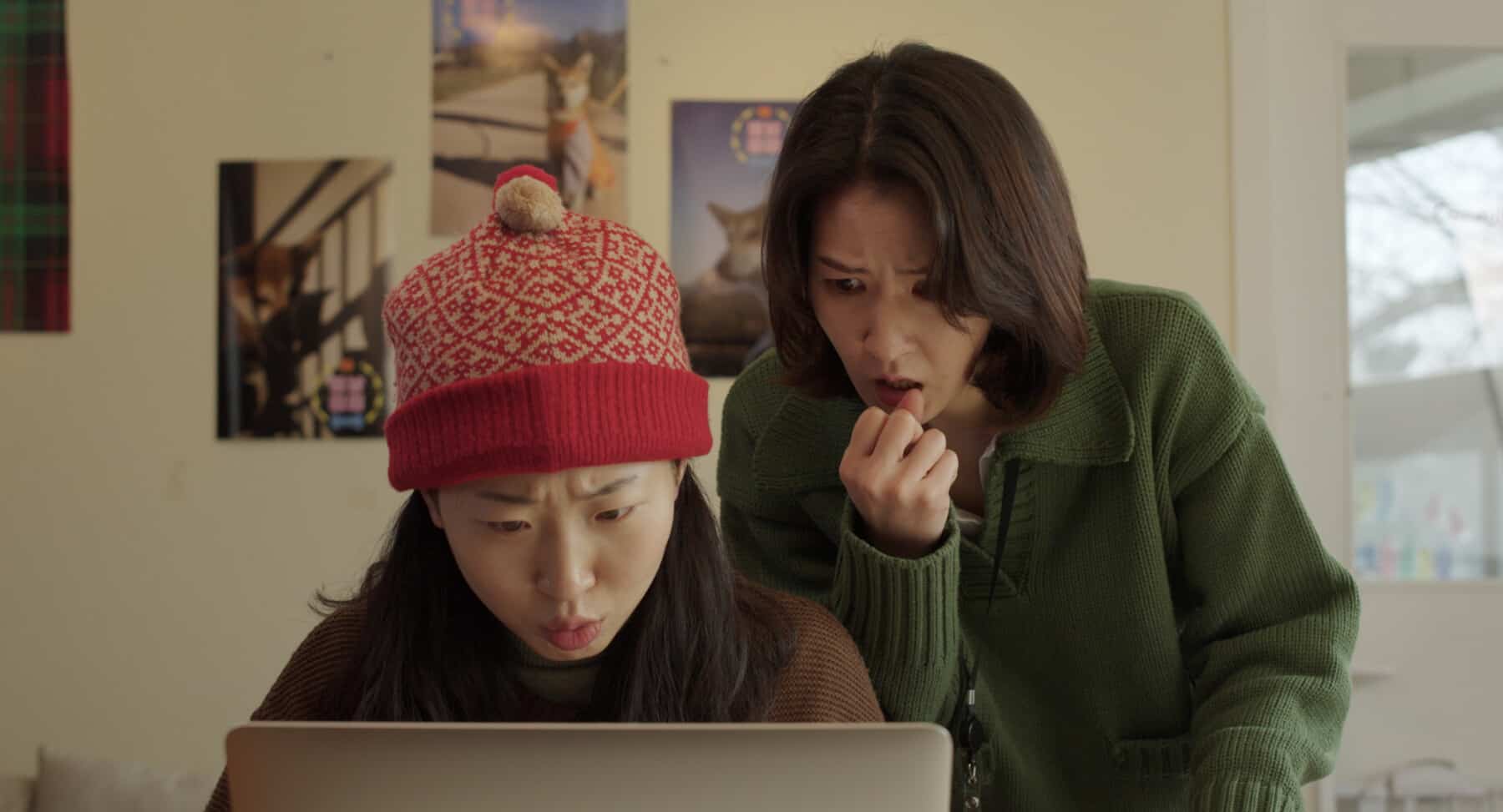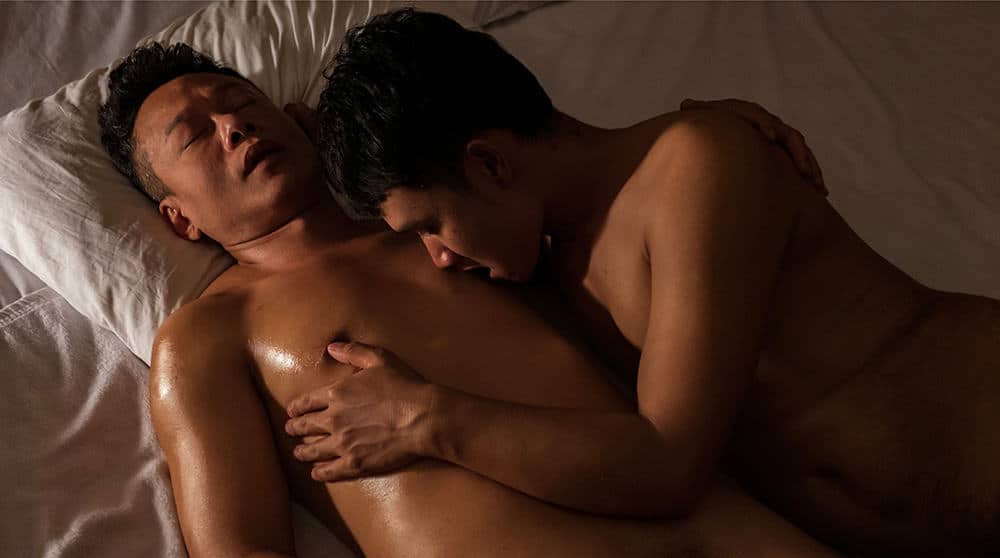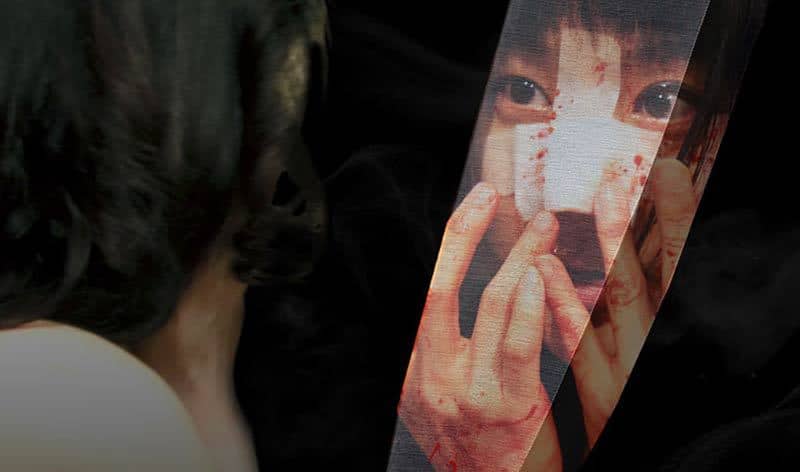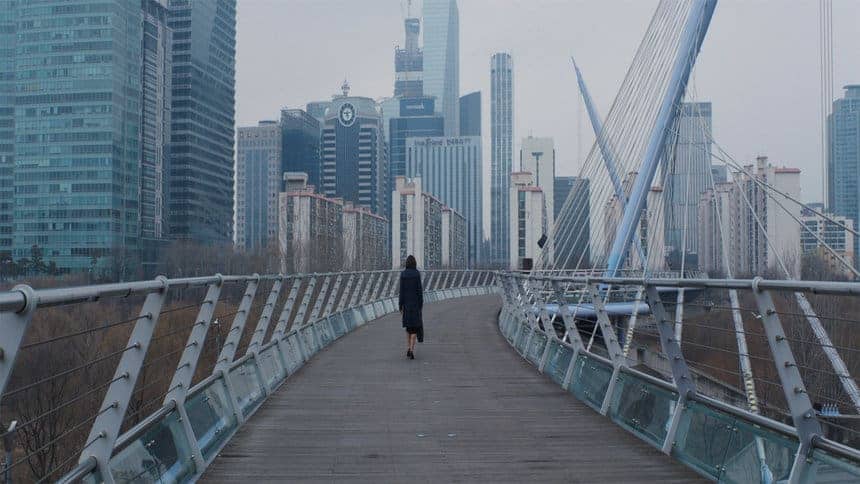Change, joy, sorrow, love, loss, divorce and a traditional Korean family unit are seen through the eyes of an adolescent teenager in Yoon Dan-bi's strong debut film “Moving On”. The recipient of the ACP Post-Production Fund grant, the film premiered in the “Korean Cinema Today” section at the Busan International Film Festival, where it went on to win the Directors' Guild of Korea (DGK) Award, the NETPAC Award, the KTH Award as well as the Citizen Critics' Award.
Following her parents' separation, Okju, her little brother Dongju and their father are all forced to move out of their apartment and into the house of the kids' grandfather. While their father tries to make money selling shoes, at which he is rather bad, the children stay home during the school summer holidays and take care of their grandfather, whose age is catching up to him at alarming speed. Shortly after, the children's aunt also moves into the house following altercations with her husband that have effectively ended their marriage. As the kids slowly begin to adjust to the new house and housemates, the grandfather's failing health forces the two younger generations to make some tough decisions.

Yoon Dan-bi's script, and her execution of it, shows a terrific understanding of a traditional Korean multi-generational family unit. In that sense, the film often reminds of the works of Japanese master Hirokazu Koreeda. The film stresses the importance of the family unit not just as a something that builds character in the young ones but also what is extremely necessary as a support system for all involved. As each character settles into the new life, they realise that they are stronger because they are together in that house, not despite it. Although this is most obvious with the character of the grandfather, who needs help for a number of his daily activities, it is equally visible in the relationships between all the characters. The irony that it was the failing of relationships, that of the children's parents and the aunt's marriage, resulted in the coming together for this family, is amusing. The chain reaction that the failing of those relationships has on the children's psyche, particularly that of Okju, who cannot bring herself to fully open up to her brother, father or aunt, is well depicted.
The realism with which family life is portrayed in the film is also applaudable. To anybody who has lived in a joint family unit, or indeed lived with children, the constant bickering and one-upmanship between the siblings, the heavy footsteps of a disgruntled child, the drunk aunt sneaking in late at night or the joint decision-making will feel too real. That we see all this through the eyes of the young Okju, who is herself going through matters of the adolescent heart along with the adjustments the move brings, gives the film a fresh perspective. Another interesting aspect is the way with which the house is depicted and used, almost feeling like a character within itself and a huge part of the family, which makes it particularly poignant when the family tries to decide its fate in the latter part of the film.

Kim Gi-hyeon's cinematography helps in understanding Okju's perspective. while also flaunting the house for all its picturesque appeal. The camera setups in certain scenes are also particularly noteworthy, most of all the scene where Okju and her father are in his van, both unable to look at each other but whose faces are visible to the audience through the van's rear-view mirrors. The depiction of young love in the scenes with Okju and her male friend, with the sun literally shining bright on their relationship, gives the scenes extra meaning. The use of pop songs in two scenes feels quite apt to the mood they feature in.
Yoon Dan-bi's ability to bring out such natural, effortless performances from both her young actors is very commendable, reminding not only of Koreeda's work as mentioned earlier, but also of what director Yoon Ga-eun was able to achieve with her young actors in “The World of Us”. Choi Jung-woon, in particular, is a revelation as Okju, her character development portrayed with such ease and delicacy. The scene where she blushes after giving the object of her affection a gift when compared with the one where she has an outburst with Dongju, played by an equally impressive Park Seung-joon, really shows off her range as an actress.
“Moving On” may be a quintessentially Korean film about a traditional Korean family unit, but it is to Yoon Dan-bi's credit that its multi-layered content has universal appeal and can be relatable to cultures and families around the world. Featuring memorable scenes that amuse, entertain and force you to contemplate, the film is sure to make its viewers smile involuntarily at various stages throughout its runtime and stands as one of the finer films of 2019, celebrating the centennial of Korean cinema as a great example of what indie cinema from the country can achieve.


